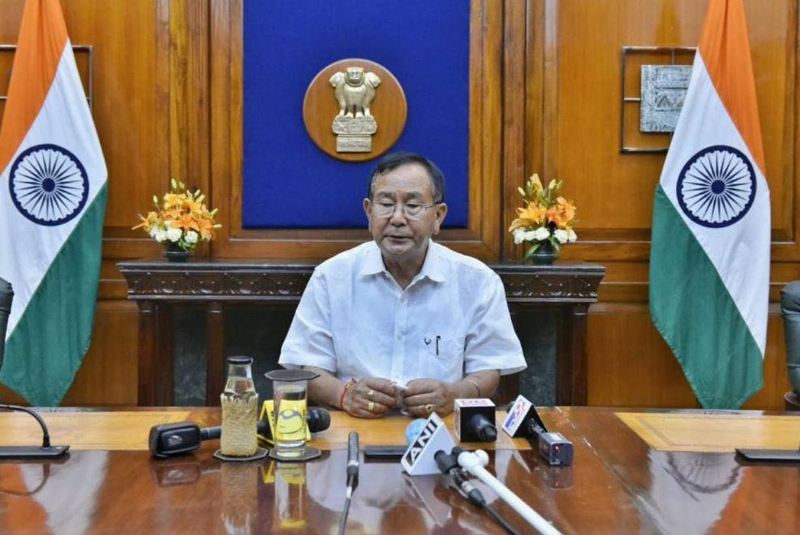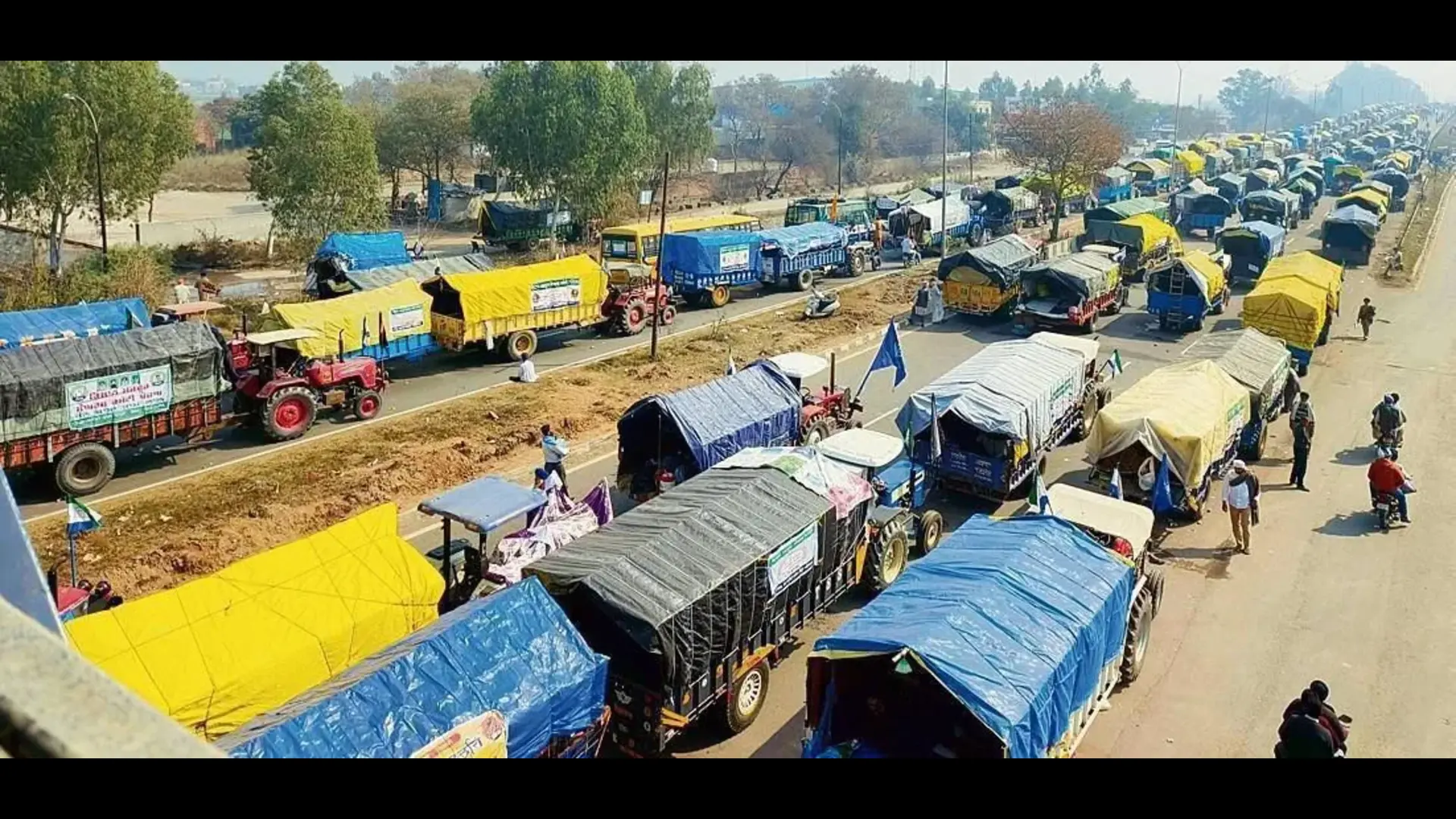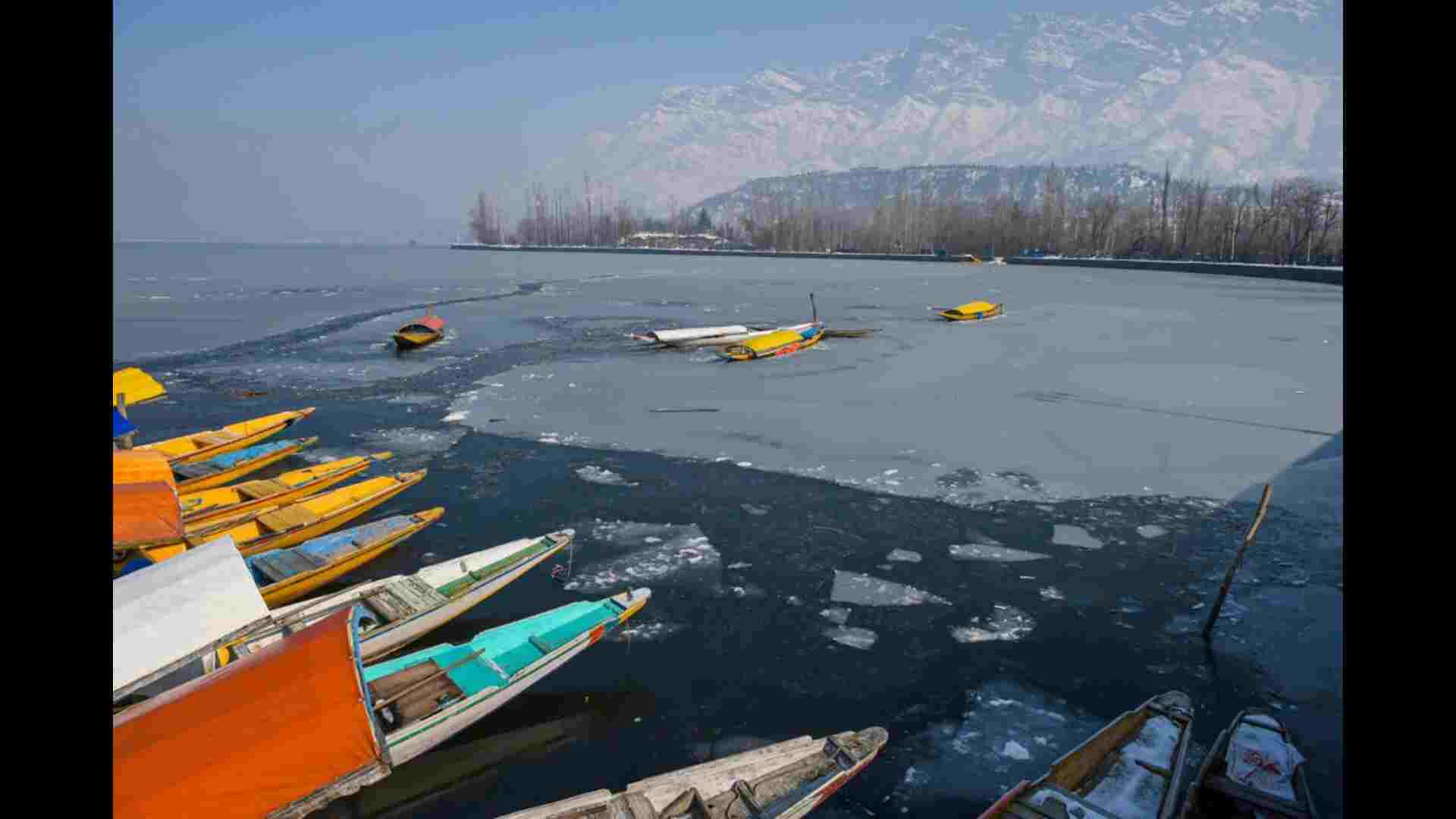India’s northeastern states, with their strategic proximity — in terms of location and alignment to India’s ‘Act East policy’ — to ASEAN countries, are set to take centrestage in the Government’s active economic and business push during the country’s G20 presidency to showcase the potential that the northeast offers for investment for global and local investors. Minister of State of External Affairs Rajkumar Ranjan Singh on Tuesday made a strong pitch for the unique strength that opens up opportunities to explore partnership among business communities from G20 member countries towards development of critical sectors of the region’s economy. The northeast progress serves as a strong base with number of airports in the region up from 9 to 16, flights connecting the region up from about 900 before 2014 to around 1900 as on date and a 50 per cent increase in the length of national highways, the Minister said, speaking at the unveiling of the outreach programmes in Manipur, Mizoram, Nagaland and Sikkim to be undertaken by the Confederation of Indian Industry (CII) — as the secretariat of the Business 20 (B20) group — in partnership with the Ministry of External Affairs and northeastern state governments.
As a build-up to the G20 Summit involving over 200 meetings of different formats, CII will spearhead this initiative of the B20, which represents the private sector within the Group of 20 (G20) Forum, in highlighting opportunities for multilateral business partnerships in industry sectors where northeast states have core strength. The Government’s Act East Policy has been a catalyst for unprecedented growth in the northeast region, making it an attractive emerging market for global investors with opportunities for investment, trade and tourism. The first B20 programme scheduled from 17-19 February 2023 in Imphal is focused on Information and Communication Technology, medical tourism, healthcare and handlooms as the Government looks at tapping the state’s potential. Handloom is the largest cottage industry in Manipur and among the top five in terms of the number of looms in the country.
The state is also developing as an affordable healthcare hub for the sub region with medical tourism and hospitality industry providing intense scope for collaboration in the state which is expected to benefit as the Indian global medical tourism market size moves to reach USD 47.72 billion by 2030. Manipur strategically shares borders with neighbouring country of Myanmar and serves as India’s ‘Gateway to the East’ through Moreh town, which is the centre for trade between India and Myanmar as well as other southeast Asian countries.
The B20 programme from 1-3 March in Aizawl will focus on urban planning, infrastructure and skill development. Mizoram’s southern part shares 722 km long international borders with Myanmar and Bangladesh and with the Kaladan multi modal project becoming a reality, the state is gaining momentum for developing trade with Myanmar and further with South Asian countries. The state is rich in human resources with the spread of education and training facilities in the northeast and dominated with young and English speaking population which can be up-skilled to meet the demands of emerging businesses like healthcare as Mizoram youth make for very good nurses. Against a number of 12.8 million workers that annually enter the Indian workforce, the existing capacity of skills development programme in India is 3 million per annum which opens scope for G20 skill developers to help India scale-up to meet its workforce.
For the conference scheduled 16–19 March in Gangtok, the B20 will be pushing multilateral business partnerships in tourism, hospitality and pharmaceuticals. With rare and exotic flora and fauna Sikkim has huge potential in terms of production and supply of cut flowers to the consumer markets as well as a tourist destination which in turn paves way for opportunities in the hospitality market. Sikkim was declared as world’s first 100 per cent organic state by UN Food and Agriculture which holds promise for organic producers to tap the market which is growing steadily in the domestic and export sector. Increasing health concerns due to growing chemical poisoning cases globally is acting as a driver in the organic food market.
Opportunities for multilateral business partnerships in agriculture and food processing will top the agenda for the conference in Kohima from 04–06 April. Endowed with suitable agro climatic condition and production of varied agri products, B20 is looking at Nagaland offering excellent scope for different horticultural crop groups like passion fruit, large cardamom and naga mircha. Besides, with the Hornbill festival, tourism has emerged as the new sunrise sector for the state with major promotion of village tourism, homestay, cultural tourism, trekking tourism, ecotourism, wellness tourism, flora-tourism and adventure tourism.






